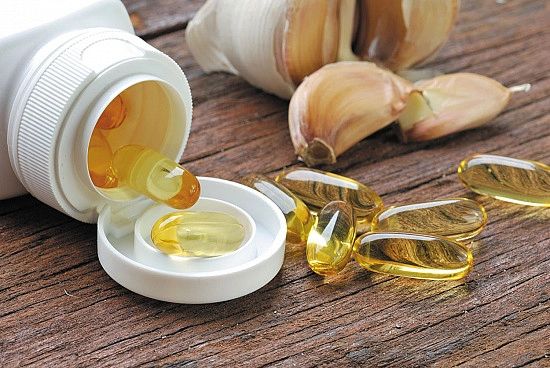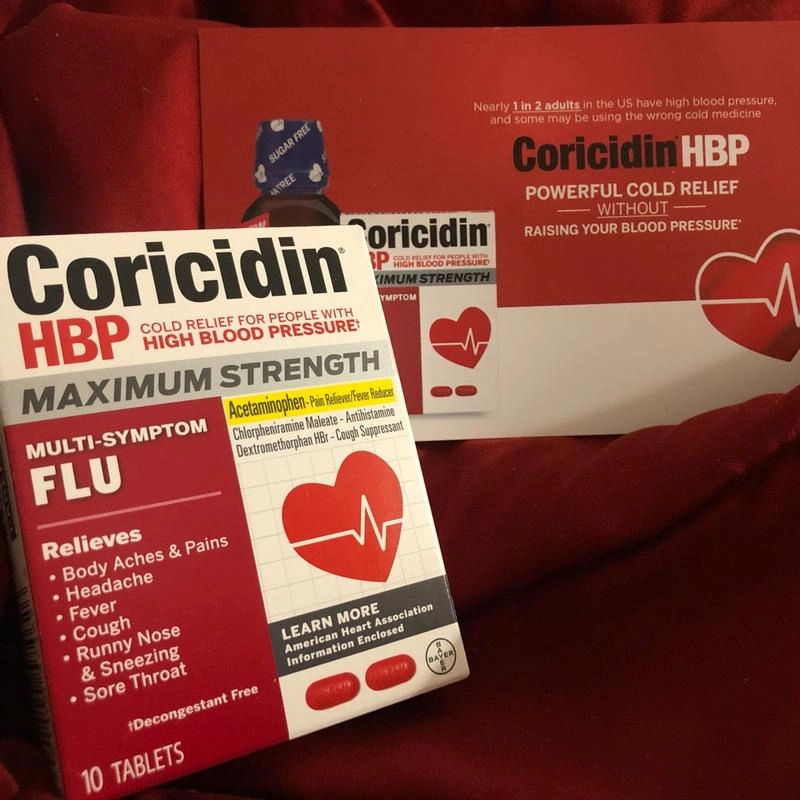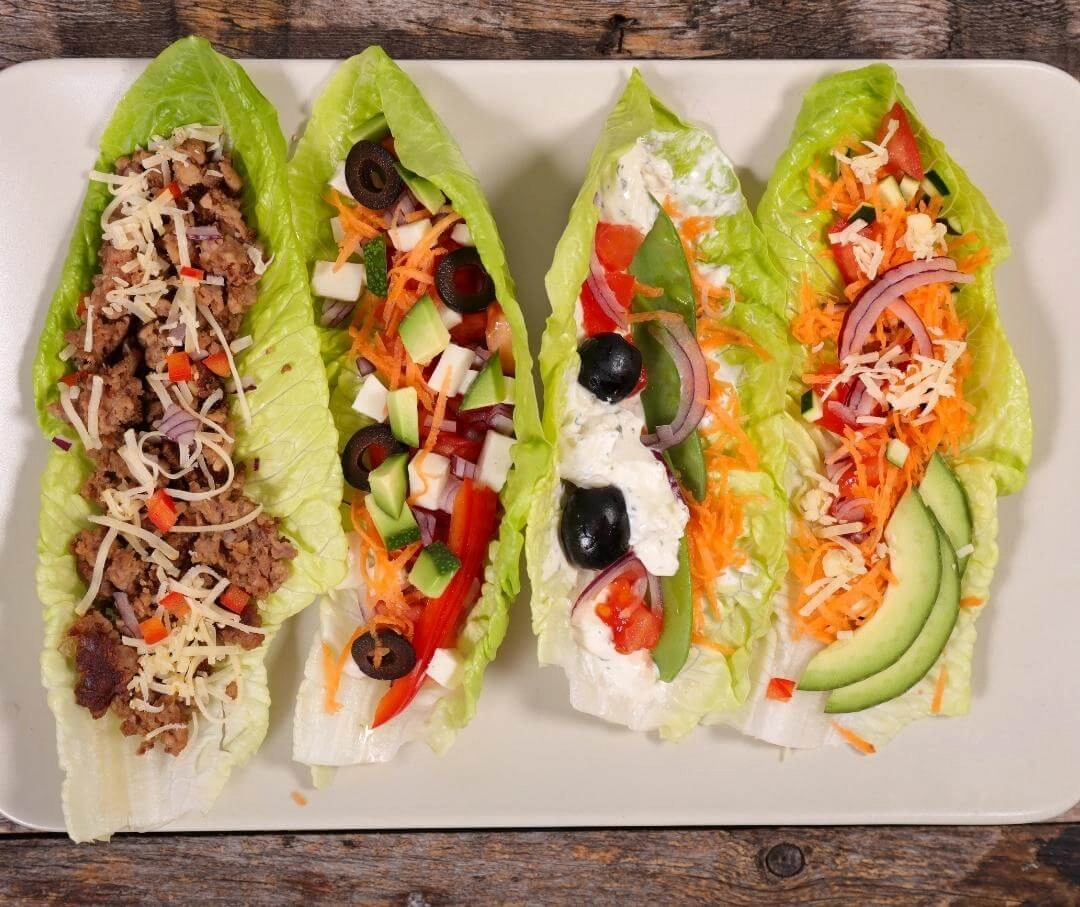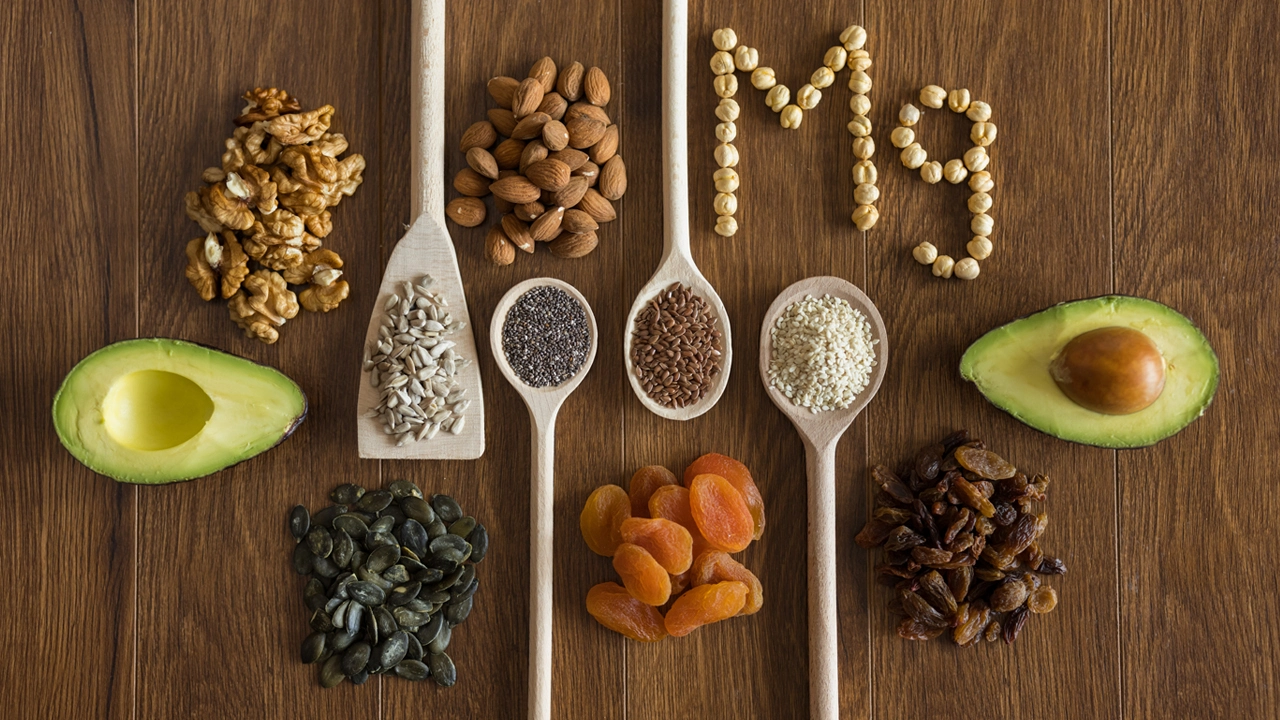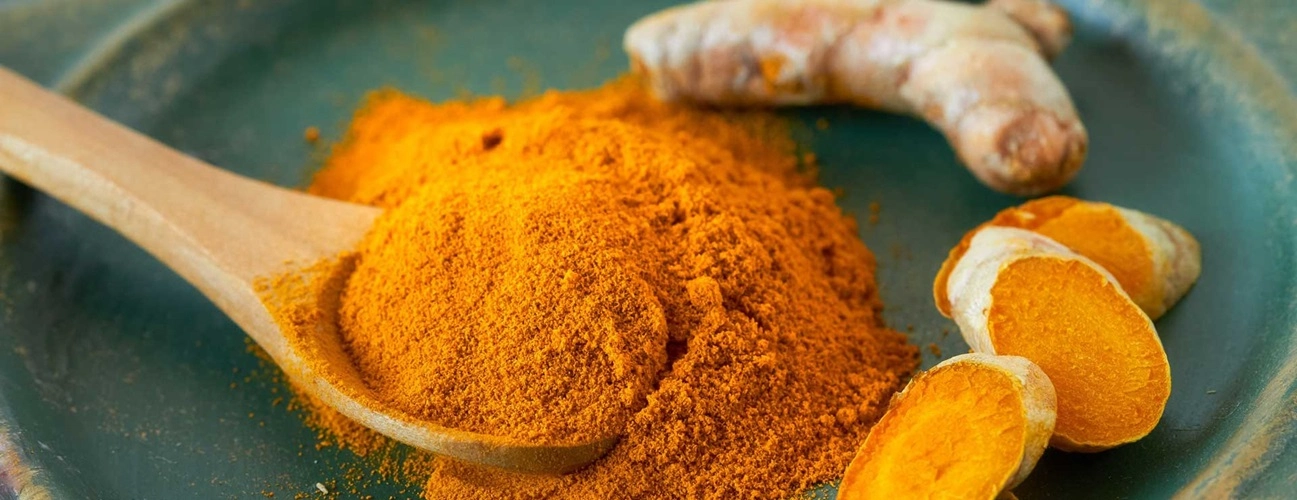Digestion is an important aspect of our health. There are meals that we eat that play a role in our day to day digestion process. About nutrition for digestive health, we are going to show you the food that aids digestion, therefore, you shouldn’t miss any part of this article.

How Can I Improve My Digestion?
Many people experience digestive problems such as gas, constipation, and diarrhea, with approximately 15% of people in Western countries suffering from irritable bowel syndrome (IBS). Here are five meals that can improve digestion and help with typical gastrointestinal issues.
Whole Grains
When deciding between white or brown rice, and whole wheat versus white bread, choose whole grains. Doctors recommend at least 25 grams of fiber per day for optimal colon health. Compared to refined carbohydrates, whole grains include more fiber and vital minerals, such as omega-3 fatty acids.
Fiber fermentation by gut bacteria provides short-chain fatty acids that promote healthy colon cell function, which is home to a large amount of our immune cells. While low-carb diets are popular for weight loss, totally eliminating grains may harm the beneficial gut bacteria that thrive on fiber.
Leafy Greens
Leafy greens like spinach and kale are high in fiber and vital vitamins including folate, C, K, and A. According to studies, they contain carbohydrates that promote the growth of beneficial intestinal flora.
A diet rich in fiber and leafy greens can aid in the development of an optimum gut microbiota, which is essential for digestive health.
Lean Proteins
For people with IBS or sensitive digestive systems, lean proteins are better to high-fat options like fried dishes. High-fat diets can cause bowel contractions, and red meat is especially troubling because it may stimulate the growth of bacteria associated with an increased risk of cardiovascular disease.
Low-Fructose Fruit
If you suffer gas and bloating, limit your intake of fructose, which is found in fruits such as apples, pears, and mangoes. Berries and citrus fruits, such as oranges and grapefruits, contain less sugar, making them easier to digest.
Bananas are also a good choice because they are high in fiber and contain inulin, which promotes the formation of helpful intestinal flora.
Avocado Pear
Avocado is a nutrient-dense superfood that contains fiber and potassium, which promote good digestion. It also has a low fructose content, making it less prone to induce flatulence. However, nuts and avocados should be consumed in moderation due to their high fat content.
What Should You Drink After a Meal For Digestion?
When you consume food or beverages, they move down the esophagus to the stomach, where digestive enzymes break them down. Afterward, the contents go into the intestines, where nutrients are absorbed into the circulation.
Gut bacteria serve a critical function in digesting. Disruptions in these bacteria can be connected to illnesses including obesity and inflammatory bowel disease.
Water and fiber are crucial in this process, as they assist in moing waste through the digestive tract and soften bowel movements. Here are several drinks that help boost nutrition absorption, maintain gut health, and minimize intestinal inflammation:
- Water: Essential for digestion, and studies suggests that warm water may aid gut bacteria.
- Herbal and spicy teas: Varieties including peppermint, turmeric, ginger, and fennel teas help reduce inflammation and alleviate digestive difficulties.
- Prune juice: Rich in fiber, it can promote regular bowel motions.
- Green juice or smoothies: These are abundant in water and fiber, aiding in smooth waste movement through the digestive tract.
- Kombucha: Packed with microorganisms, this drink boosts nutritional absorption.
- Kefir: A fermented beverage rich in probiotics and important minerals.


